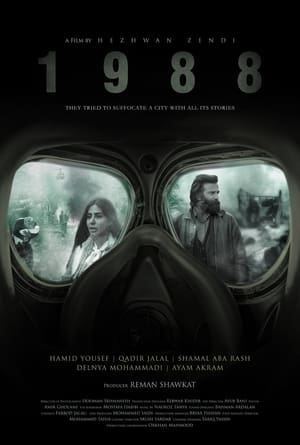

Resistencia: The Fight for the Aguan Valley(2015)
In 2009, the first coup d'etat in a generation in Central America overthrows the elected president of Honduras. A nation-wide movement, known simply as The Resistance, rises in opposition. Resistencia: The Fight for the Aguan Valley centers on the most daring wing of the movement, the farmers of the Aguan. Not satisfied with just marching and blocking highways, 2000 landless families take possession of the palm oil plantations of Miguel Facusse, the country's largest landowner and a key player in the coup. The camera follows three farmers over four years as they build their new communities on occupied land, in the face of the regime's violent response, while waiting for the elections The Resistance hopes will restore the national democratic project.
Movie: Resistencia: The Fight for the Aguan Valley
Video Trailer Resistencia: The Fight for the Aguan Valley
Similar Movies
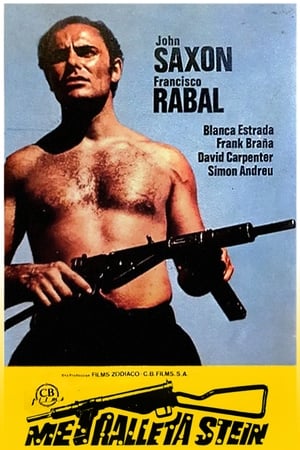 3.5
3.5Fight to the Death(es)
The parallel stories of a police commissioner and a bank robber whose lives eventually come together.
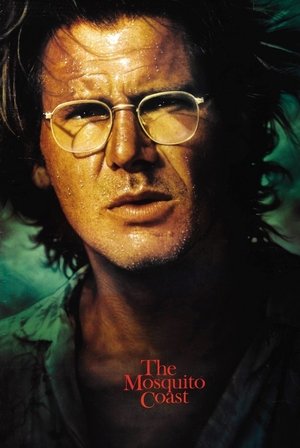 6.4
6.4The Mosquito Coast(en)
Allie Fox, an American inventor exhausted by the perceived danger and degradation of modern society, decides to escape with his wife and children to Belize. In the jungle, he tries with mad determination to create a utopian community with disastrous results.
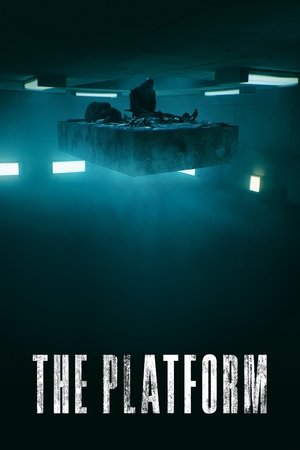 7.0
7.0The Platform(es)
A slab of food descends down a vertical facility. The residents above eat heartily, leaving those below starving and desperate. A rebellion is imminent.
 4.6
4.6The Anarchist Cookbook(en)
A movie about a young honors student-turned-anarchist, Puck, and his group of anarchist friends living peacefully in a Dallas commune until a nihilist, Johnny Black, appears with The Anarchist Cookbook and completely destroys their way of life.
 6.0
6.0Theory and Practice: Conversations with Noam Chomsky and Howard Zinn(en)
This timely, bold set of one-on-one interviews presents two of the most venerable figures from the American Left—renowned historian Howard Zinn and linguist and philosopher Noam Chomsky—each reflecting upon his own life and political beliefs. At the age of 88, Howard Zinn reflects upon the Civil Rights and anti–Vietnam War movements, political empires, history, art, activism, and his political stance. Setting forth his personal views, Noam Chomsky explains the evolution of his libertarian socialist ideals, his vision for a future postcapitalist society, the Enlightenment, the state and empire, and the future of the planet.
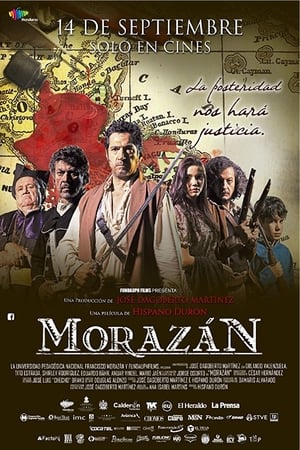 10.0
10.0Morazán(es)
Francisco Morázan has been in Costa Rica for five months where he has been appointed Provisional Chief of State. It has called for elections to install a National Constituent Assembly, which should be a legal structure to the Costa Rican state. The Assembly has decreed the validity of the constitution of 1825, the same as that of the Central American Federation; It has declared the accession of Costa Rica to the Republic of Central America. Two months later Francisco Morazán is shot one afternoon on September 15, 1842.
 6.8
6.8Simple Men(en)
Two diametrically opposite brothers set off on a journey to reunite with their estranged father but when their motorcycle breaks down while passing through a small town, they become entangled in local life.
 7.7
7.7Hearts and Minds(en)
Many times during his presidency, Lyndon B. Johnson said that ultimate victory in the Vietnam War depended upon the U.S. military winning the "hearts and minds" of the Vietnamese people. Filmmaker Peter Davis uses Johnson's phrase in an ironic context in this anti-war documentary, filmed and released while the Vietnam War was still under way, juxtaposing interviews with military figures like U.S. Army Chief of Staff William C. Westmoreland with shocking scenes of violence and brutality.
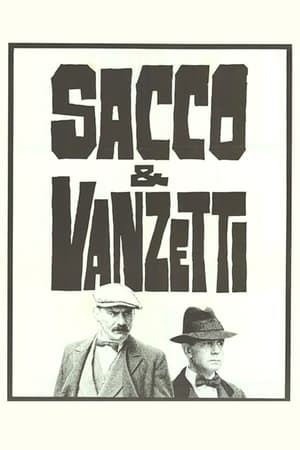 7.6
7.6Sacco & Vanzetti(it)
Boston, 1920. Italian immigrants Nicola Sacco and Bartolomeo Vanzetti are charged and unfairly tried for murder on the basis of their anarchist political beliefs.
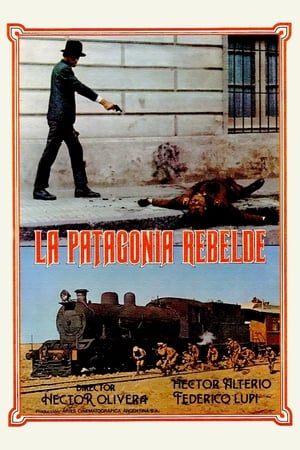 7.5
7.5Rebellion in Patagonia(es)
In 1920, workers from Patagonia, in Southern Argentina, gather around an anarcho-syndicalist society and go on strike, demanding better working conditions. When the situation turns unsustainable, President Yrigoyen sends Lieutenant Colonel Zavala to impose order.
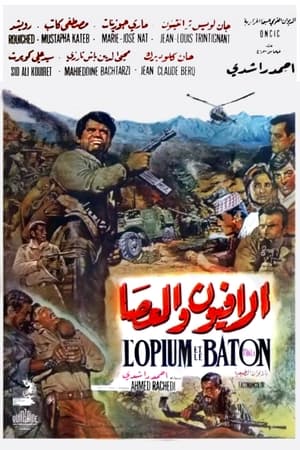 7.6
7.6Opium and the Stick(fr)
In 1950, in Algeria, in a village in Kabylia, Algerian resistance fighters resisted the French occupation army. Bachir returns to the village to escape the clashes ravaging Algiers. In Thala, he has two brothers, Ali and Belaïd. The first is engaged with the ALN (The National Liberation Army) and fights against the colonizer. His second brother, Belaïd, the eldest, is convinced of a French Algeria. His family torn apart, Bachir decides to join the war and takes sides against the repression of the French army. The French army is trying in vain to turn the population against the insurgents by using disinformation. The more time passes, the more the inhabitants of the village and surrounding areas, oppressed, rally to the cause of the FLN, their houses and their fields will be burned... Adaptation to the cinema of the eponymous novel Opium and the Stick, published in 1965, by Mouloud Mammeri, the film was dubbed into Tamazight (Berber), a first for Algerian cinema.
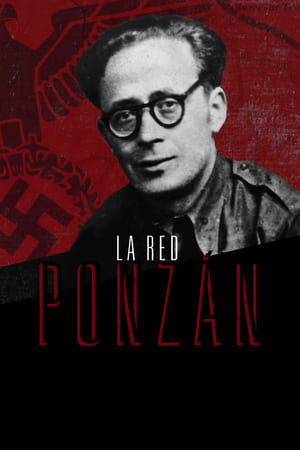 6.0
6.0The Ponzán Network(es)
During the Spanish Civil War (1936-1939) and the Second World War (1939-1945), around three thousand people managed to elude their pursuers, and probably also avoided being killed, thanks to the heroic and very efficient efforts of the Ponzán Team, a brave group of people — mountain guides, forgers, safe house keepers and many others —, led by Francisco Ponzán Vidal, who managed to save their lives, both on one side and the other of the border between Spain and France.
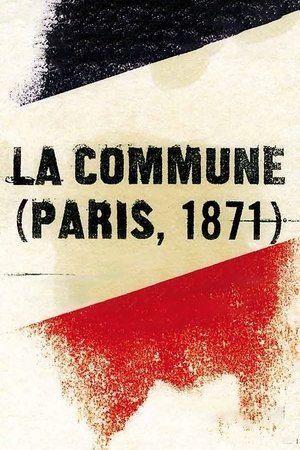 7.7
7.7La Commune (Paris, 1871)(fr)
We are in the year 1871. A journalist for Versailles Television broadcasts a soothing and official view of events while a Commune television is set up to provide the perspectives of the Paris rebels. On a stage-like set, more than 200 actors interpret characters of the Commune, especially the Popincourt neighborhood in the XIth arrondissement. They voice their thoughts and feelings concerning the social and political reforms.
 8.0
8.0De Gaulle, the Last King of France(fr)
Charles de Gaulle, the first president (1958-1969) of the Vth Republic, France’s current system of government, left his mark on the country . He was statesman of action and has been compared to a monarch. This film depicts the general’s personality through the great events of his presidential term, at a time when the world was undergoing considerable changes.
 10.0
10.0La Bataille d'Alger, l'empreinte(fr)
Cheikh Djemaï looks back on the genesis of Gillo Pontecorvo’s feature film, The Battle of Algiers (1965). Through archive images, extracts from the film and interviews with personalities, the filmmaker retraces the journey of a major work - from the events of the Algiers Casbah (1956-1957) to the presentation of the Lion of 'Or causing the anger of the French delegation in Venice - which left its mark as much in the history of cinema as in that of Algeria.
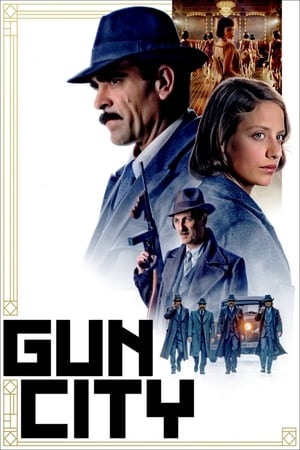 6.3
6.3Gun City(es)
Barcelona, Spain, 1921. A tough cop from Madrid arrives in the city to locate, under the suspicious scrutiny of corrupt local police officers, a significant amount of military weaponry stolen from a train, allegedly by revolutionary anarchists.
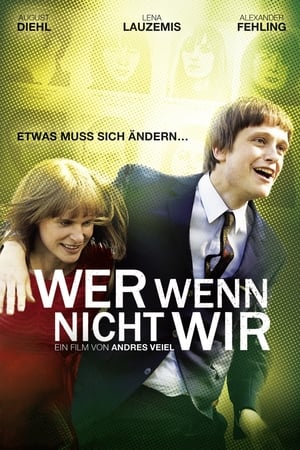 5.7
5.7If Not Us, Who?(de)
In the early 60s, Bernward Vesper and fellow university student Gudrun Ensslin begin a passionate love in the stifling atmosphere of provincial West Germany. Dedicated to the power of the written word, Bernward and Gudrun found a publishing house whose first publication is, paradoxically to many, a controversial past work of Bernward's ostracized father, an infamous Nazi author. Bernward defends his father's writing ability, even if he is haunted by his father's suspicious past.
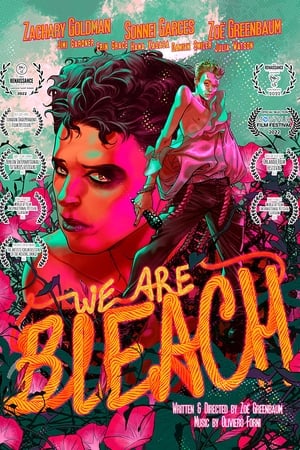 0.0
0.0We Are Bleach(en)
A multi-awarded 23 minute short film about pansexual punk rockers in a toxic relationship in London’s underground music scene
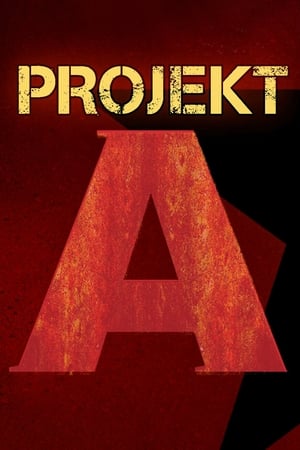 6.5
6.5Projekt A - A Journey to Anarchist Projects in Europe(de)
PROJEKT A is a documentary that resists the common clichés about anarchism to instead show anarchist ideas of a society in which no one shall have the power to control knowledge, natural resources, land, soil or other people. After inspiring over 25,000 German cinema-goers, this award-winning documentary about anarchism and anarchist projects in Europe is now available on VoD! “Projekt A stirs up the audience and is grippingly shot, getting close to the kinds of tenacious people who are so vital to change in our society.” (kinokino) “…a cinematic portrait, not of anarchy, but of anarchists. A story, not of possibilities, necessities or even failure, but a depiction of achievements, initiative, action, ideas, as well as success.” (kino-zeit.de) Audience Award Filmfest Munich
